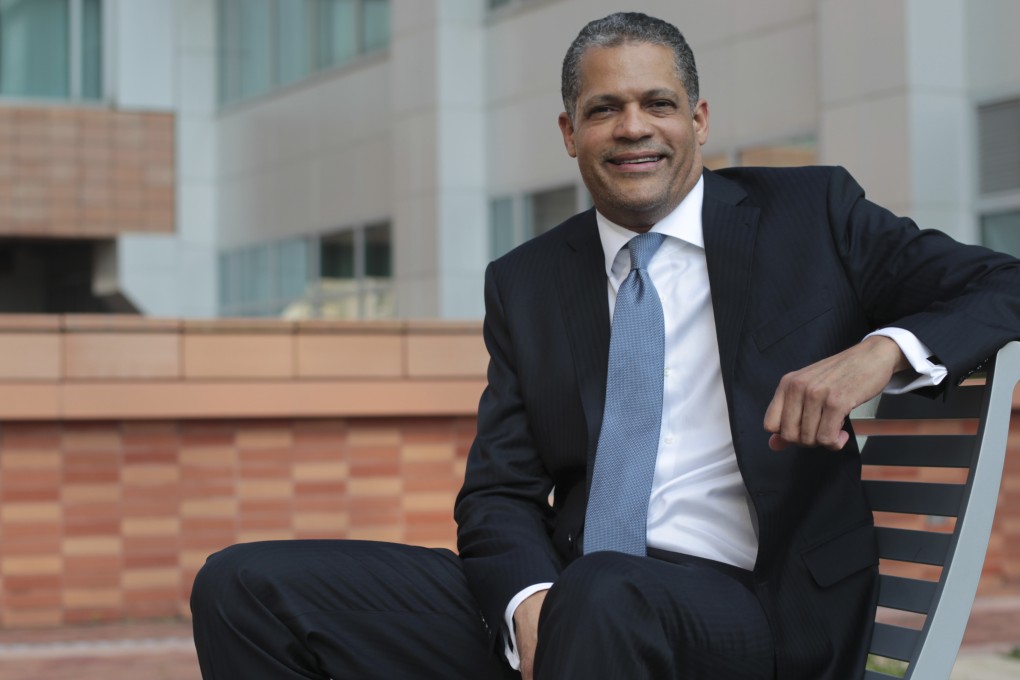How to make Hong Kong students world beaters: HKU arts dean on his goals
In wide-ranging first interview since taking up role, Derek Collins says city's students are trilingual and know a lot about China; with another language and exposure to a foreign culture they can compete with anybody

In June, the Japanese government ordered the country’s universities to abolish or reduce their humanities and social science programmes. Students should learn practical skills, the education ministry said. Better to train them as English translators than to teach them Shakespeare plays, according to one particularly utilitarian government adviser.
Derek Collins, the new dean of arts at the city’s oldest university, will have no truck with that. He sees his job as making sure that everyone, and he means everyone, understands the value of an arts education.
“Arts research has more connections with society and business than are sometimes appreciated. A debate in analytical philosophy is just lost on many people. But the founding principles of philosophy – ethics, language, and so on - are things people can generally appreciate,” says Collins, who was associate dean of the humanities at the University of Michigan until he became the head of the 104-year-old University of Hong Kong’s arts faculty in July.

HKU deans are a pretty international bunch. Michael Hor Yew-meng, dean of law, hails from Singapore. The dean of dentistry, Thomas Flemmig, is German and moved to Hong Kong from the University of Washington. But Collins, an American, brings fresh perspective as the first black dean at HKU. He is also a classicist, specialising in archaic Greek poetry, Latin literature and classical traditions, and well versed in the contemporary relevance of dead languages and cultures.